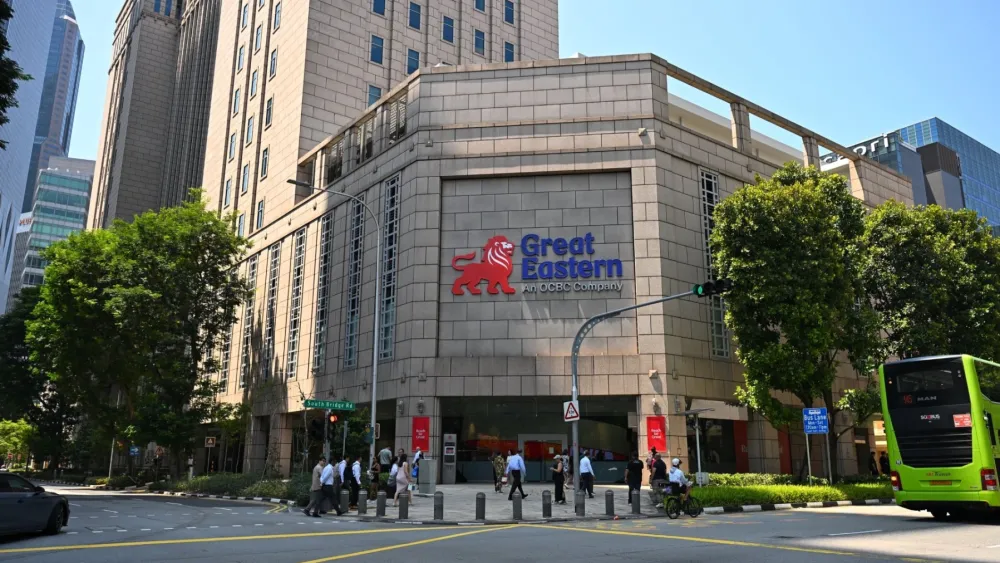
ASEAN insurers struggle with quality, and accessibility in healthcare
Private health insurance was valued at approximately $7.5b in 2023.
In the latest ASEAN Insurance Pulse Survey, most industry leaders perceived the region’s healthcare system as satisfactory to partly satisfactory, according to Malaysian Re.
Healthcare systems and financing in ASEAN nations vary significantly due to differing socio-political and economic contexts.
Brunei and Thailand offer tax-funded universal healthcare, whilst Indonesia and the Philippines operate contribution-based national health insurance schemes.
Private health insurance, valued at approximately $7.5b in 2023, is prominent amongst wealthier urban populations. In contrast, out-of-pocket expenditures dominate in Myanmar (70%) and Cambodia (55%) as of 2021.
Demand for private health insurance in ASEAN is increasing due to rising disposable incomes, improved literacy and internet access, and heightened awareness of health coverage benefits, particularly after COVID-19.
The outlook for ASEAN healthcare systems is challenged by rising costs, ageing populations, and an increasing burden of chronic diseases such as diabetes, cancer, and cardiovascular issues.
Public systems, primarily funded by government expenditure, struggle to maintain quality and accessibility amid growing financial pressures.
Similarly, private systems face medical inflation, opaque pricing, and overutilisation of services, which drive up health insurance premiums. Many survey respondents reported medical inflation exceeding general inflation.
Strategies to address rising claims costs include stricter cost controls (e.g., hospital bill audits and outpatient care expansion), risk reduction measures (e.g., exclusions and lower limits), and partnerships with hospitals and regulators to improve market conditions.
Recommendations also emphasise greater investment in prevention, education to combat non-communicable diseases, and leveraging digital health technologies like telemedicine.



















 Advertise
Advertise






